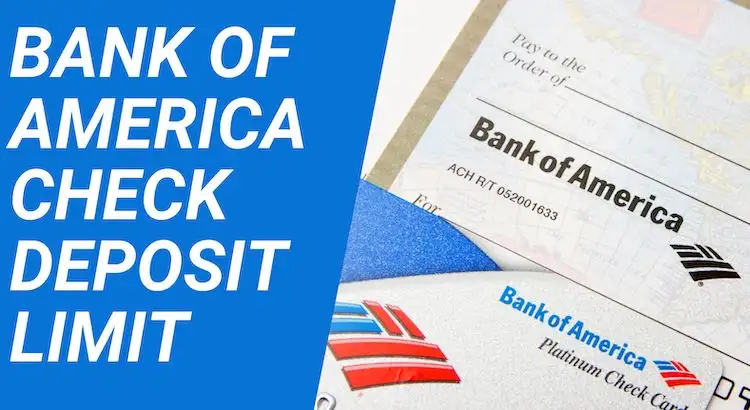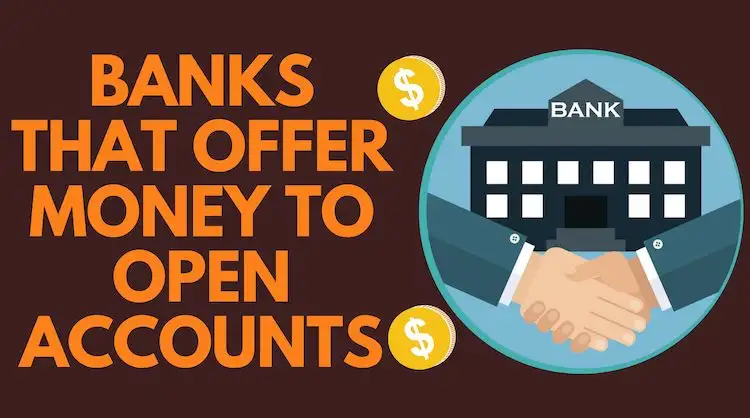Yes, you can deposit a check for someone else, but there are a few things you need to keep in mind. First, you will need to have the check endorsed by the payee. This means that they need to sign their name on the back of the check, along with the words “For Deposit Only.” You may also need to include the payee’s account number and routing number.
Second, some banks and credit unions have restrictions on depositing checks for other people. For example, some banks may require that the payee be present when the check is deposited. Others may only allow you to deposit checks for people who are on your account. It’s always a good idea to check with your bank or credit union before you try to deposit a check for someone else.
Tips for depositing a check for someone else
- Have the payee endorse the check correctly. This means that they need to sign their name on the back of the check, along with the words “For Deposit Only.” You may also need to include the payee’s account number and routing number.
- Check with your bank or credit union to see if there are any restrictions on depositing checks for other people.
- Be prepared to provide identification for yourself and the payee.
- If you are depositing the check into the payee’s account, you may need to provide their account number and routing number.
- If you are depositing the check into your own account, you may be asked to explain why you are doing so.
Here are some common scenarios where you might need to deposit a check for someone else:
- You are helping an elderly relative with their finances.
- You are a caregiver for someone with a disability.
- You are a business owner and you are depositing a check from a customer.
- You are a real estate agent and you are depositing a check from a buyer or seller.
- If you have any questions about depositing a check for someone else, be sure to contact your bank or credit union for assistance.
Additional considerations
- Be aware of the risks involved. When you deposit a check for someone else, you are essentially taking responsibility for the check. If the check bounces, you may be held liable for the funds.
- Only deposit checks for people you know and trust. There have been cases of people using fraudulent checks to scam others. If you are not sure whether a check is valid, it’s best to err on the side of caution and not deposit it.
- Keep a record of the transaction. If you deposit a check for someone else, be sure to keep a record of the transaction, including the date, the amount of the check, and the payee’s name. This will help you protect yourself in case there are any problems with the check.
How do I deposit a check into someone else’s account?
To deposit a check into someone else’s account, you will need to:
- Have the check endorsed by the payee. This means that the person the check is made out to needs to sign the back of the check and write “For deposit only” above their signature. You may also need to write your name below the payee’s signature.
- Fill out a deposit slip with the following information:
- The amount of the check
- The date of the deposit
- The payee’s name
- The payee’s account number
Your name and account number (if you are depositing the check into your own account)
Take the endorsed check and deposit slip to a bank branch. You may be asked to show identification.
Some banks also allow you to deposit checks remotely using mobile check deposit. To do this, you will need to take a photo of the front and back of the endorsed check and upload it to your bank’s mobile banking app.
Is it possible to deposit someone else’s check into your account?
Yes, it is possible to deposit someone else’s check into your account, but there are a few things to keep in mind. First, you need to make sure that the person who wrote the check has signed the back of it and endorsed it to you. This means that they need to write “Pay to the order of [your name]” on the back of the check and sign their name underneath.
Second, you need to check with your bank to see if they have any restrictions on depositing third-party checks. Some banks may require you to have a certain account type or to meet a certain balance requirement in order to deposit a third-party check.
If you are able to deposit the check, it is important to note that it may take several days for the check to clear. This is because the bank needs to verify that the check is valid and that the funds are available in the issuer’s account.
Here are some tips for depositing a third-party check
- Make sure that the check is signed and endorsed by the person who wrote it.
- Check with your bank to see if they have any restrictions on depositing third-party checks.
- Deposit the check as soon as possible after you receive it.
- Keep a copy of the check for your records.
- Be patient and wait for the check to clear before spending the funds.
Conclusion
You can deposit a check for someone else, but there are a few things you need to keep in mind. First, you will need to have the check endorsed by the payee. Second, some banks and credit unions have restrictions on depositing checks for other people. It is always a good idea to check with your bank or credit union before you try to deposit a check for someone else.
Frequently Asked Questions (FAQ)
Can I deposit someone else’s check in my bank account?
Yes, you can deposit someone else’s check in your bank account, but you will need to have them endorse the check to you. This means they will need to sign the back of the check and write “Pay to the order of [your name]” above their signature. Some banks may also require you to have the check owner present when you deposit it, so it is always best to check with your bank ahead of time.
Can you deposit someone else’s check in your account bank of America?
Yes, you can deposit someone else’s check in your Bank of America account. However, you will need to have the check owner endorse the check to you and have them present when you deposit it.
Can I deposit a check that is not in my name?
Yes, you can deposit a check that is not in your name, but you will need to have the check owner endorse it to you. You may also need to have the check owner present when you deposit it, depending on your bank’s policies.
Can you cash a check that’s not in your name?
Most banks will not cash a check that is not in your name. However, there are some exceptions. For example, if you are the spouse or legal guardian of the check owner, you may be able to cash the check on their behalf. You will need to contact your bank to find out their specific policies.
How do you cash a check in someone else name?
To cash a check in someone else’s name, you will need to have the check owner endorse it to you. You may also need to have the check owner present when you cash it, depending on the check casher’s policies.
How can I cash a cheque without ID?
It is very difficult to cash a check without ID. Most check cashers will require you to show a valid government-issued ID before they will cash a check.
What if someone deposited a check in my account without my permission?
If someone deposited a check in your account without your permission, you should contact your bank immediately. They will be able to investigate the matter and may be able to reverse the deposit.
Can someone steal your account with a check?
It is possible for someone to steal your bank account information from a check, but it is not very common. If you are concerned about your account security, you should avoid writing checks to people you do not know and trust.
Can someone steal your money with a check?
Yes, someone can steal your money with a forged or counterfeit check. If you receive a check that you are unsure about, you should contact the issuer of the check to verify its authenticity.
Can the bank tell you who cashed your check?
Yes, the bank can tell you who cashed your check. However, they may only do so if you have a valid reason for requesting this information, such as if you believe that your check has been stolen or forged.
How do criminals cash stolen checks?
Criminals cash stolen checks in a variety of ways. Some common methods include: Creating fake IDs, Using other people’s IDs and Opening bank accounts.
Do banks investigate stolen checks?
Yes, banks do investigate stolen checks. If a bank suspects that a check is stolen, they may place a hold on the account into which the check was deposited. They may also contact the police to report the stolen check.

